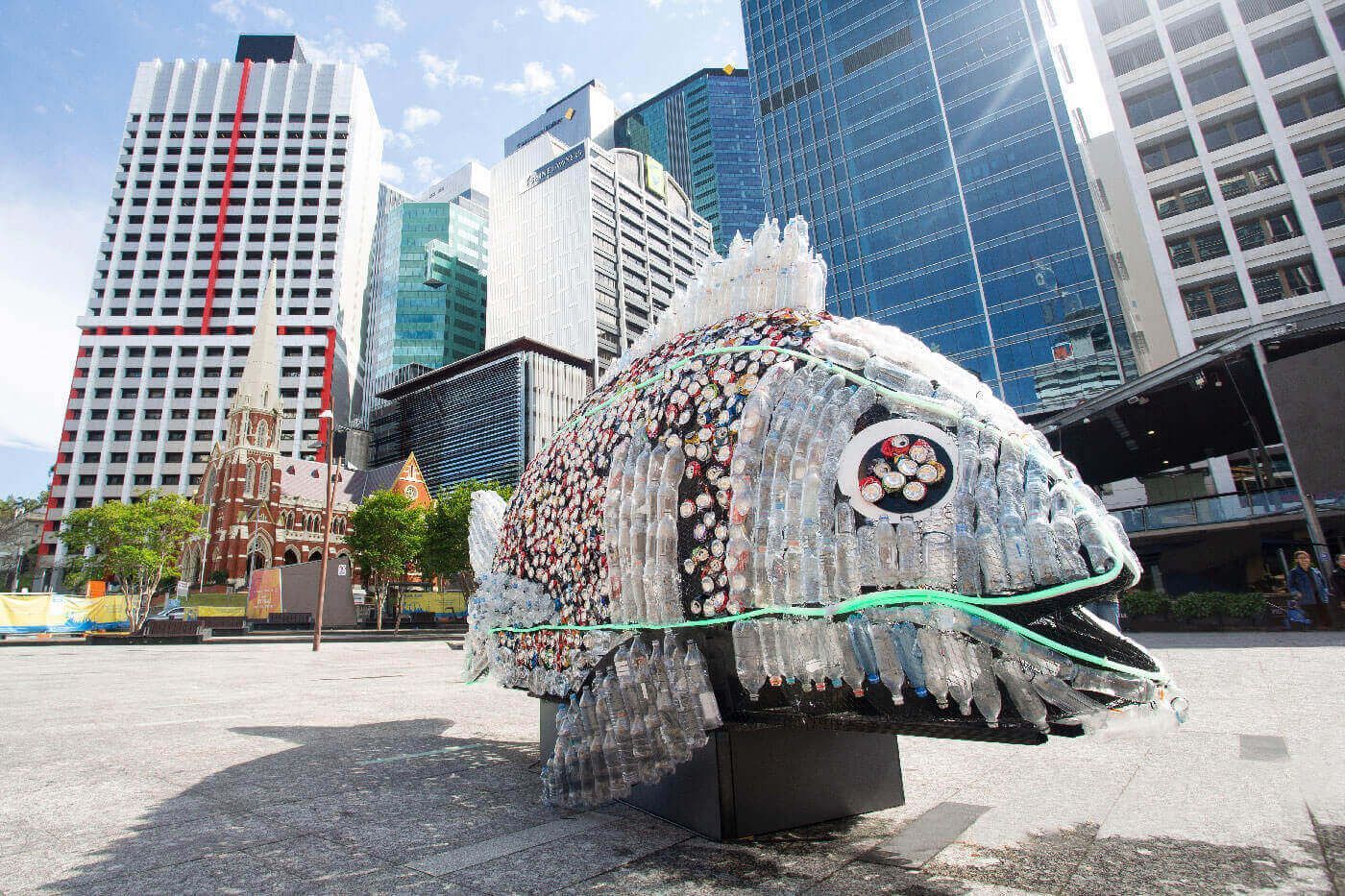Avoiding the Great Burnout: This is What You Can Do
Much has been recently written regarding personal burnout, but equally significant is the effect of organisational burnout.
This is something that exercise, healthy eating, good sleep and hygiene cannot address.
And to avoid the "great burnout" (which I foresee as the beginning of the end for many organisations who don’t change), this is something critical for businesses and workplaces to address.
Workplace stress is a mental health issue that affects employees in all industries. According to a Gallup study, those who experience workplace stress are 2.6 times more likely to search actively for another job.
If we approach the “Great Burnout”, we won’t just deal with even worse staff shortages. We’ll go down a road we can’t turn back from – leading to a massive collapse in our organisations.
What is organisational burnout?
While you will need to have someone in the role, you should always be aiming to improve your business with each new hire.

The World Health Organisation defines 'organisational burnout' as resulting from "chronic workplace stress that has not been successfully managed".
Organisational burnout refers to not a personal problem, but a systemic problem rooted in organisational structure.
It means burnout is impossible to fix by an individual without the systems around them changing.
If left untouched by businesses, I fear we quickly approach a period involving a colossal increase in mental illness, family breakdowns, and the fall of workplace culture.
This can lead to companies collapsing, as they’ll never be able to recover the effects of a workforce burnt to exhaustion.
Ways to prevent employee burnout from an organisational perspective
There is no single technique for overcoming burnout. But the solution always lies in identifying the source of the problem and confronting it head-on.
Consider the following suggestions for enhancing workplace culture and avoiding employee burnout.
1. Establish an environment of flexibility
Flexibility is not just a buzzword. It’s everything.
It means flexibility in scheduling, assignments, location of work, and other factors. This demonstrates that employees' time and efforts are valued.
- Encourage staff to take time off with their family and assign their workload elsewhere.
- Allow for flexible leave policies, so employees don’t have to worry about their leave balances when they want time off.
- Make work-from-home opportunities available to employees who desire them.
2. Don’t be bosses – be leaders
Leadership and transparency are also everything. Lead by example and show empathy to every staff member around you.
Equip employees with the tools necessary to practice active listening, feel comfortable asking questions, and speak up when they have concerns and ideas.
Create a team-wide communication strategy to enable positive change.
3. Care for employee wellbeing

One surefire way to prevent organisational burnout is to make sure that the business culture prioritises the health and wellbeing of staff.
Look beyond just salary and conventional benefits. Consult with your employees closely to determine what they believe would be most important for encouraging wellness within the workplace.
Encourage employees to engage in activities and obtain information that will benefit their health, wellness, and productivity.
Health coaches, emotional and practical care, communities, and cost savings in healthcare are just a few ways to help improve workplace wellness.
4. Provide feedback and resources
Once staff understands what is expected of them, providing them with the resources necessary to perform their job effectively enables them to perform at their best.
This means having enough people employed to ensure the workload is evenly spread.
Checking in with your team and providing constructive feedback helps to strengthen the excellent work the employee is doing and fosters a more positive work culture. Don’t place the onus on employees to “speak up” – it may be too late if you do that.
5. Recognise employees through rewards and praise

Outstanding work is the result of engaged employees. Provide exceptional performance incentives, praise the customer-facing team for positive customer feedback, or congratulate the group sales team on their best quarter yet.
Employees feel valued when they receive genuine, timely recognition.
Likewise, do not keep it a secret: inform others of accomplishments or significant milestones. Make recognition public!
Organisational change will prevent the “Great Burnout”.
Burnout not only hurts a person's health and career. It hurts the organisation.
But having a nice workplace culture will not be enough to prevent the upcoming ‘Great Burnout’.
Organisational change is absolutely imperative to making this happen. Everything from leadership and flexible policies to routine ‘checking in’ and frequent feedback.
Every company's starting point will be unique on the path to exceptional employee experiences.
One company may be great at delivering training and wellness, while another may struggle to improve flexible working alternatives.
Ultimately, businesses facing the danger of organisational burnout must prioritise helping their employees regain the balance we all need in life.
Not just for their sake. But for your organisation’s sake too.








